-
Fuck this corrupt, omnicidal, nihilistic, corporate-controlled, fascist world-system; you don’t reform evil, you destroy it. Not a chance in hell to create a culture of life until we destroy the culture of death. Disease has consumed the entire body of civilization. We live among ruins, we inhabit a graveyard, an apocalyptic wasteland strewn with corpses, carrion, and zombies.
-
We need to focus like a laser beam on a grim truth: whatever the gains of a worldwide environmental and animal rights movements throughout the last four decades, they have nonetheless continued to lose ground in the battle to save biodiversity, to stop or even slow down the destruction of the rainforests, topsoil, coral reefs; to prevent ever-worsening resource wars; to end the blatant and open war and Holocaust against nonhuman animals; and to come to grips with the immanent catastrophe of climate change in our minds let alone our policies and actions.
- The sense of urgency is rising in proportion to the severity of the crisis. Increasingly, calls for legislative change, moderation, compromise, and taking the slow march through the institutions can be seen as grotesquely inadequate, as growing numbers of people gravitate toward more radical tactics of change. “Reasonableness” and “moderation” in the current situation seem to be entirely unreasonable and immoderate, as “extreme” and “radical” actions appear simply as necessary and appropriate.
-
From Athens to Paris to Brazil, there is growing realization that politics as usual just won’t cut it anymore. We will always lose if we play by their rules rather than invent new forms of struggle, new social movements, and new sensibilities. The defense of the earth requires immediate and decisive action: logging roads need to be blocked, driftnets need to be cut, and cages need to be emptied. But these are piecemeal and reactive measures, and in addition to these tactics, radical movements and alliances must be built that unites struggles on behalf of humanity, nonhuman animals, and the earth in a politics of total liberation.
Resistance is the oxygen of the future. Live to resist, resist to live.
Categories
- "War on Terrorism" (5)
- Academic Repression (7)
- Africa (6)
- Anarchism (2)
- Animal Liberation (50)
- Animal Rebellion (1)
- Anti-Pacifism (27)
- Biodiversity (7)
- Capitalism (22)
- Cats (5)
- Chet Baker (1)
- China (11)
- Chinese Activism (4)
- Civil Disobedience (6)
- Climate Change (30)
- Cognitive Ethology (4)
- Collapse (32)
- Department of Homeland Security (1)
- Direct Action (29)
- Earth Liberation (11)
- Ecology (14)
- Existentiaism (3)
- Exploitation of Animals in "Art" (1)
- Extensional Self-Defense (4)
- Factory Farming (6)
- Global Vivisection Complex (10)
- Green Scare (2)
- Human extinction (4)
- Hunting (3)
- Indigenous Peoples (2)
- Jazz (2)
- John Coltrane and Johnny Hartman (1)
- Meat Consumption (12)
- Migration (1)
- Pandemics (2)
- Philosophy (6)
- Poaching (9)
- Politics of Nature (5)
- Postmodernity (3)
- Rainforests (4)
- Refugee studies (1)
- Repression (15)
- Resource Wars (4)
- Science Fiction (3)
- Socialism (3)
- Species Extinction (7)
- Speciesism (45)
- Tactics (5)
- Technoscience (5)
- Total Liberation (25)
- Uncategorized (280)
- Veganism (17)
- Videos & Documentaries (22)
- Violence (10)
- War on Animals (40)
-
Join 698 other subscribers
-
Recent Posts
- Failed Species: The Rise and Fall of the Human Empire
- Spanish Translation of “The Animal Standpoint”
- “How to Destroy Civilization: COVID-19 and the Exploitation of Animals and the Earth” — Revised
- The Rise (and Fall) of Critical Animal Studies
- How To Destroy Civilization: COVID-19 and the Exploitation of Animals and the Earth
- The Costs of a Wall: The Impact of Pseudo-Security Policies on Communities, Wildlife, and Ecosystems
- Introduction to “Academic Repression: Reflections from the Academic-Industrial Complex”
- Global Capitalism and the Demise of the Left — Complete Manuscript
- The Global Industrial Complex: Systems of Domination — Full Text
- Igniting a Revolution: Voices in Defense of the Earth — Complete Manuscript
Recent Comments
-

Academia
Academic Freedom
Academics/Writers Worth a Damn
Activism
Anarchism
- 325
- Anarchist News
- Anarchist Writers
- Anarchy Archives
- Angry News From Around the World
- Crimethinc
- Grey Coast Anarchist News
- Infoshop
- North American Anarchist Studies Network
- Property is Theft
- Slingshot
- The Anarchist Library
- The Institute for Anarchist Studies
- The International Journal of Inclusive Democracy
Animal Advocacy
- Animal Friends of Croatia
- Animal Person
- Bloody Ivory
- Care For Chinese Animals
- Cat Defender
- Cee4life (Sybelle Foxcroft's site)
- Dr. Steve Best Home Page
- Dr. Steve Best YouTube Page
- Exposing the Big Game
- Global Animal
- Global Animal News
- Igualdad Animal
- Occupy For Animals
- Provoked
- The Animal Rights Library
- The Kerulos Center
- The Rights of Animals
- Wild Time Radio
- World News for Life
Anthropology and Human Nature
Art & Politics
Climate Change
Cognitive Ethology
Critical Theory
Critical Thinking
Decline of the Human World
Direct Action
Ecology
- Amazon Watch
- Canadians for Emergency Action on Climate Change
- Deep Green Resistance
- Dot Earth
- Earth First Journal
- Eco Earth Info
- EcoWatch
- Environmental News Network
- Grist
- Mongabay.com
- Orion Magazine
- Planet Save
- The Fair Share of the Common Heritage
- The Wrong Kind of Green
- Worldwatch Institute
- Yale Envirionment 360
Education/Cultural Resources
- Academic Earth
- Documentary Wire
- Free E-Books.Net
- Internet Archive
- Internet History Sourcebooks Project
- JSTOR
- Liberation.com Library
- Libra Vox
- Lockss
- Many Books.Net
- Marx-Engels Study Guides
- Open Courseware Consortium
- Open Culture:The Best Free Cultural and Educational Media Online
- Open Library
- Penn State Electronic Classic Series
- Public Knowledge Project
- Scribd
- Slide Share
- Sociological Theory on the Net
- The Art History Archive
- The Online Books Page
Existentialism
Exploitation of Animals in "Art"
eZine Article Collections
Foreign Language Sites
- Abolitionist Studies Center for Animal Liberation
- Accion Vegan Argentina
- Animal Friends of Croatia
- Animal Rights: A Resistance
- Bite Back Germany
- Equanimal
- Ferae Naturae XVX
- Greek Anti-Speciesism Blog
- Hayvan Ozgurlugu
- Liberazioni Associazioni Culturale
- Menschen fur Tierrechte
- Ogren Ogret
- Oltre La Specie
- Solon.Org
- Tierrechtsgruppe Zürich
Free Documentaries and Movies
Health
Liberation
Literary Reviews
Live Stream Coverage
Mainstream Media
Malcolm X
Marxism-Socialism
Neo-Carnist Propaganda Critique
Occupy Movement
Pacifism
Philosophy
Poetry
Political Prisoners Support
Primitivism
Progressive Radio
Radical Critique
Radical Pedagogy
Radical/Progressive News
- Adbusters
- Alternative Newsweeklies
- AlterNet
- Black Agenda Report
- Blacklisted News
- BSNews
- Buzzflash
- Centre of the Cyclone
- Common Dreams
- CounterCurrents.Org
- Counterfire
- Counterpunch
- Crooked Bough
- Daily Kos
- Democracy Now
- Dissident Voice
- Global Research
- In These Times
- Independent Media Center
- Indymedia (US)
- Infantile Disorder
- Infoshop
- Mostly Water
- Mother Jones
- Nation of Change
- News Alternative
- News Junkie Post
- OpEdNews
- PR Watch
- Press Action
- Project Censored
- Rebel Reports
- Resist Collective
- Salon.com
- Slate
- The Alternative Press Center
- The American Empire Project
- The Art of Annihilation
- The International Coalition
- The Nation
- The Progressive
- The Utne Reader
- Time to Be Bold
- Tom Paine
- TomDispatch.Com
- Truth Out
- Wikileaks
- Z Magazine
- Z-Net
Raw Food
Recommended Radio
Repression
Research Tools
Revolutionary Music
Science
Veganism
Meta
-

Archives

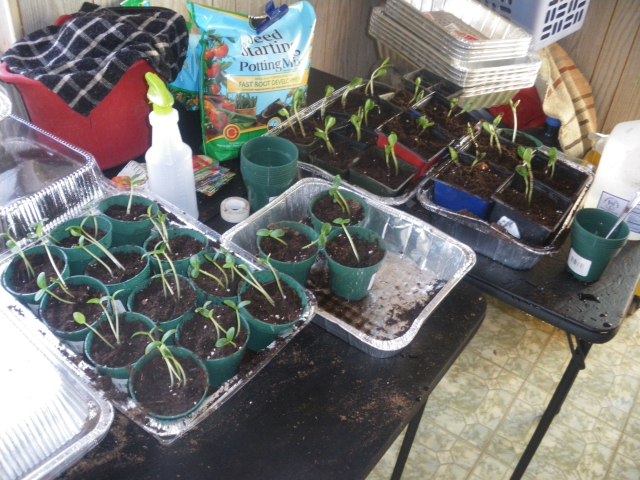
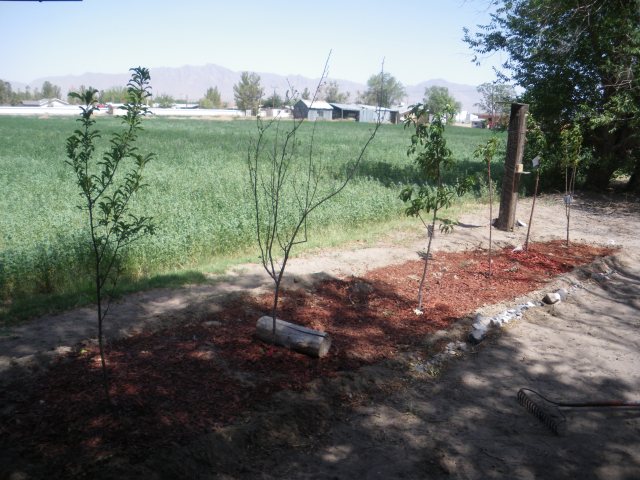
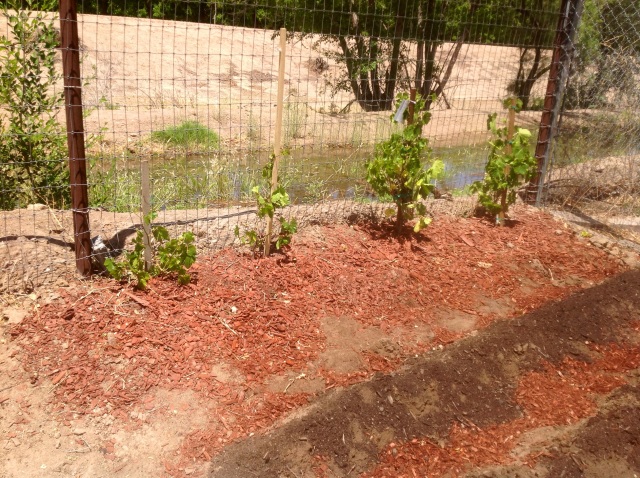
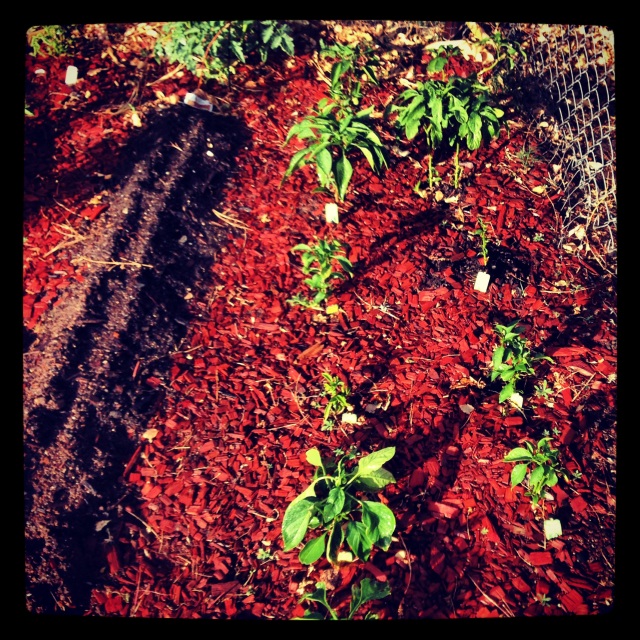
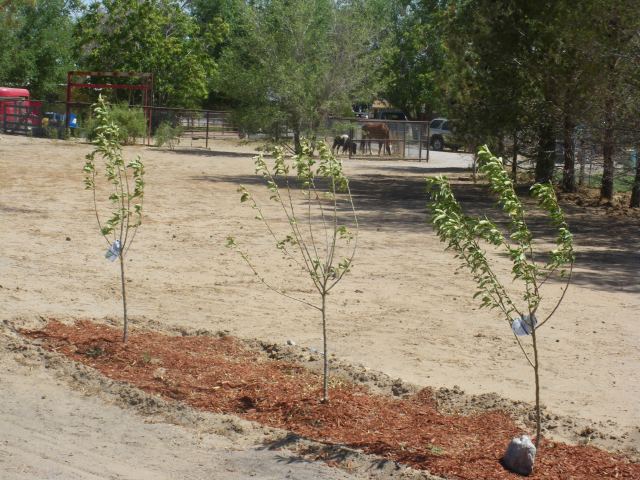
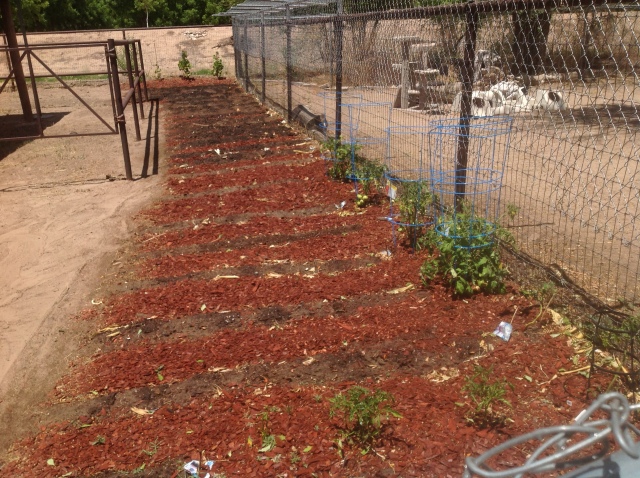
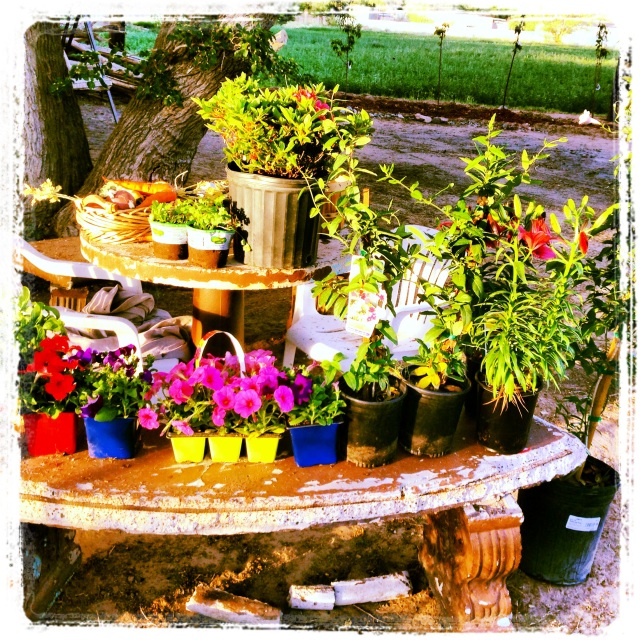
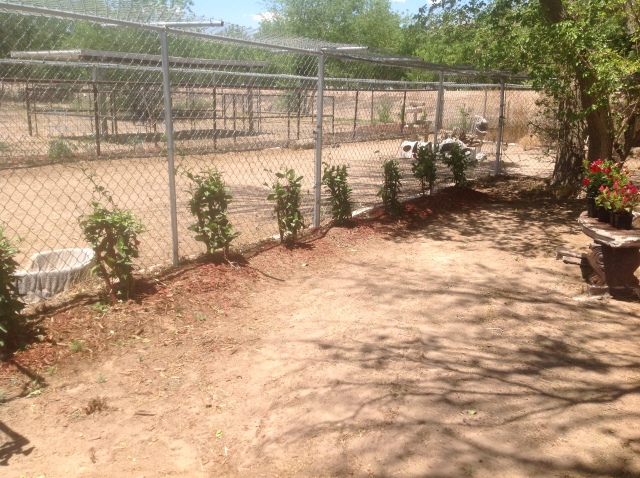
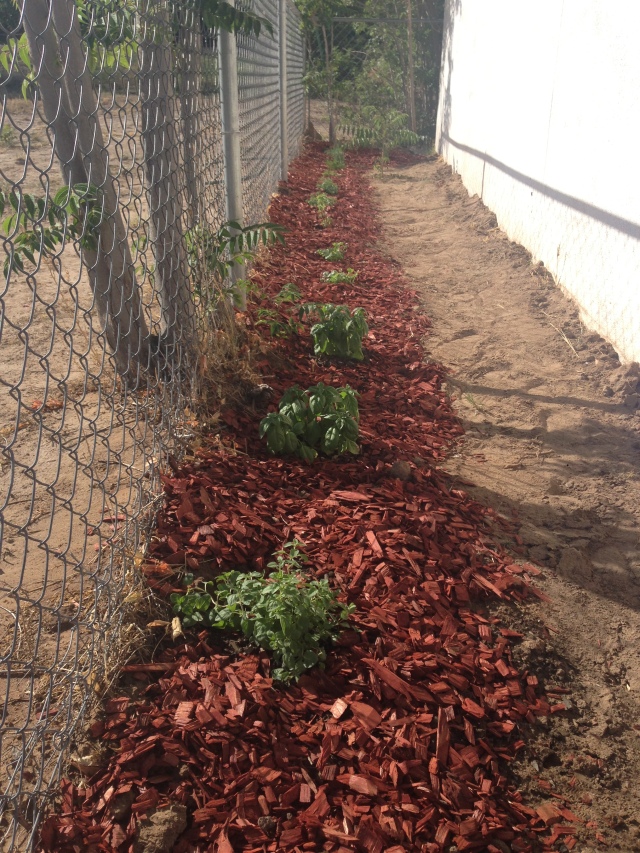
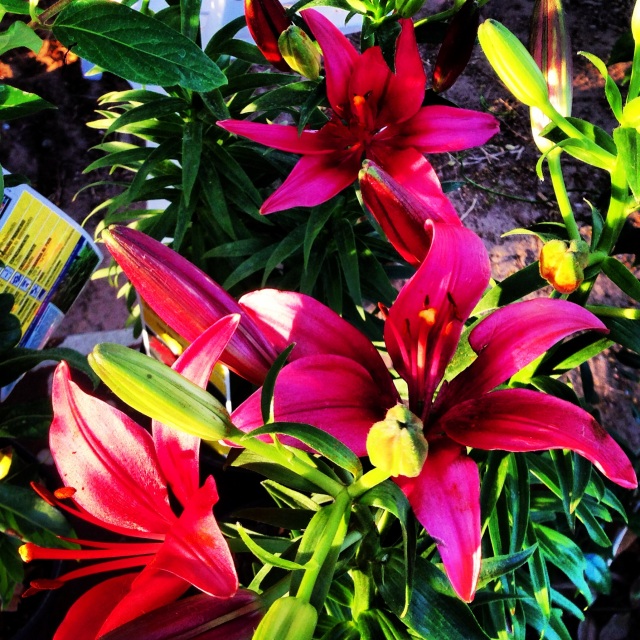
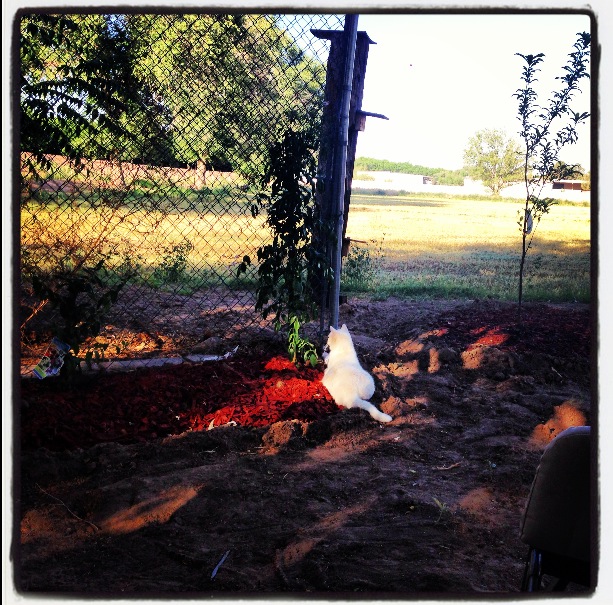
transforming, evolving – keep up the good work – have you explored permaculture? sounds like something you’d value – http://www.permaculture.org/nm/index.php/site/index/
clicking ‘Comment’ lead to Oops! Page Not Found
regards,
risa mandell
Thank you Risa, I will check it out.
Steve I absolutely loved reading through this piece. Your thoughts and self assessment, nourishing and processing of how this down time has afforded you horizons that stimulate and excite. Pleased to be sharing this Steve. x McKenna
Many thanks McKenna!
Wow Steve, man of many talents, I had studied some Horticulture, it is a wonderful source of therapy for burn out 🙂 Cats love it too.. Perfect way to build alliances to promote Veganism, when you become that Master Gardner, start a Co-op Garden. The community that I had previously spent a lot of time in, before I lost my home, was very condusive for sustainability, not a completely Vegan, but aspires to educate. http://www.briarpatch.coop/ Keep up the great work.
Thanks Dominique for the kind words and the link, ha, the cats do indeed love gardening, and they are constantly with me as I dig, plant, water, and maintain.
Oh Dr Best, not only have you made me totally hungry for some this home grown veganic food, I think I also might need your gardening skills in an upcoming overseas project involving incorporating community farming !! Beautiful soul, beautiful words, it made me feel peaceful just to read this and plan a trip to sit under one of those trees, under the texan sun and breathe 🙂 xo
Ha, thanks Sybelle, glad to inspire you for a change, as you are always inspiring me 😉
I promise to continue to inspire you if you continue to inspire me ! 🙂
Deal, but that puts the burden on me 😉
Then to make that burden lighter, know that from the mammoth ammount of intellectual work and teachings that you have done in your 40 year career, has already inspired many people for for a lifetime. And now you show us the simple comfort that you have found in the small seed and the warm earth. You have shown both life and growth, and the joys that comes with new learning. And that is again, inspirational. So i think I have to catch up!!! 🙂
Hey Steve, glad to see you’ve started gardening and actually tasting unadulterated veggies which taste totally different and are more nutritious than store bought veggies which are grown on global factory farms and are devoid of most of its nutrients, vitamins and taste. You’re right–hard back breaking work, but the fruits of that work cannot be compared. We’ve been organic gardening from seed [apart from lettuces, scallions, garlic, chives, shallots] which here we start in late Feb. so that the plants can be set end of April. We’ve been gardening since ’85, and from mid-May to mid-October we eat from the garden. This year I let it lie fallow and growing buckwheat which is a great green fertilizer. We never buy herbs as we dry them in the fall. From ’92-’98 my neighbor and I teamed up–his lot was a bit bigger than ours(total about 1/2 acre)– and we grew 50′ rows of tomatoes, eggplant, several varieties of peppers, cucumbers, squash, and beans. We gave what we couldn’t eat away except the tomatoes which we canned. We didn’t buy tomatoes for 10 years! Eventually he and his wife divorced-he left- and I asked her to sell me their back lot. She refused. It is amazing how much food two people can grow. Last year we had an abundance of beans and peas which we froze, but hurricane Sandy left us w/o electricity for 10 days and we had to throw out that wonderful food. Local farmers markets too are a great source for food, and especially if they are organic. Do you have a compost pile for a continuous supply of rich soil? Keep up the good earth!!
John, nj
Thanks John, fascinating comment and you are years ahead of me. I buy from local farmers markets as often as I can, but there is nothing better than what comes out of one’s own garden. I think a lot of people are unaware of the difference between store bought food (shipped globally) and local or home-grown food, the vast difference cannot be underestimated in smell and taste! I have had to teach myself also about composting, and need to get/build a compost box, for now a use a big bucket, and as the title of a recent book I read says, “let it rot!”
yeah, there’s nothing better that to take a fruit off the plant still hot from the sun. you’re a fast learner–composting is easy especially with the help of earthworms and bacteria–rot on!
“Evolving” – that frame of mind which impels one to plant seeds and watch them flourish; to seek stillness and appreciate the stars – beyond the cesspit the world at times appear to be, and where nothing of value may blossom.
Untruths, negativity, acts of hatred, violence and wanton cruelty will spiral into the vacuum – eventually. Those who cannot rise above ego and rhetoric and whose own evolutionary path has become twisted and polluted contribute nothing of value.
Please continue to garden Steve – and share the “harvest.”
I cannot agree more about the toxic weeds in the animal movement and the need to prune them for a far more healthy bounty of true and truly effective activists… I am trying to learn the ways of nature, whereas others indulge in the toxic human poisons of egoism and hatred… thanks Ann!
Driven, is driven. Resting is resting. The existential ‘interlude’ of gardeneing that is including becoming a qualified gardener sounds just as driven as the last umpteen years! When will you ‘rest’?
Hi, Steve. Most interesting (and honest) posting. Lovely reading.
10 years ago, my partner and I were living in Dublin (Ireland) when she was diagnosed with multiple sclerosis. She was pretty much bed-bound for almost two years. At that point, we looked to leave the city and moved to the Irish midlands, on about an acre-and-a-half.
We’ve spent the past 8 years cultivating the soil and growing much of our own food (and sharing food with local people). We set aside half-an-acre for vegetables and herbs and have two fostered donkeys grazing/browsing the remainder of the small holding.
We use the donkey manure for composting (we compost a lot) and frequently tell people who eat at the house to thank the donkeys as their food came (partly) from that dung!
We’ve also learnt to live a much simpler, saner (oh, and poorer) life.
The link to permaculture above is great. A lot of our own work is based on permaculture thinking (not totally, we’re hoping to move to that).
Keep strong, Steve. Earth, and human beings, need your effort. But mind your self as well.
brian
Thanks Jude, point taken! 😉 … actually amidst all the gardening, and the great physical exercise it provides, I have been resting a fair amount too… anything but books and papers right now is healing…..
Thanks for the great comment Brian! I’ll pass on the donkey manure, but I aspire to your level of expertise, self-sufficiency, and sharing.
The parable of the master in my school of karate is that of a circular return to innocence as symbolized by the transformation from white belt to black, then the black belt ages on the master’s waist and fades to white again an outward display if the master’s inner transformation an innocence and ability to reconsider all he has learned and gaze upon the elements of life and karate anew. It sounds like you are living this? You should definitely recharge and plot out opening the minds of future activists to challenge the structures of power as we have all become more aware in the last few years how much the stakes have changed in the struggle for animal justice and against environmental collapse.
Thanks John, I love the parable and that is an excellent plan, I surely have not lost sight of the global crisis as I tend to the plants and soil….
You’ve done the right thing Steve,there’s nothing like positive activities to make you feel like you are regaining control over your life.The fact that we have been taught to depend on others for all our basic needs like food,water,energy,…make us powerless and weak.As vegans,we already struggle to keep our sanity intact so taking steps to get rid of self helplessness will definitely contribute to a better life setting.Its my 3rd year as a “gardener” and i can tell you i’m not that talented lol I’m learning as i go along,i had lovely zucchinis and tomatoes last year.This year i planted potatoes,thank dog they’re doing well coz the rest has been eaten by slugs(wet Belgian spring, you know ;-))Next year,ill will plant in elevated beds(looking now for recycled palettes) I have plenty of free manure from my (vegan) mare for my compost 🙂
I’m becoming a bit of a prepper as well,declustering my home to free space for stocking food,made a survival kit,bought a water filter,took my money(what little i have)out of the bank to buy gold and of course,reading,reading,reading…books are my friends 🙂
You can’t imagine how better i’m feeling now.I will not be depending on the “authorities” for whatever help we will need when the shit hits the fan.
Self sufficiency(well,as much as can be achieved)is the key.Let’s NOT be helpless,timid,fearful victims of the system.Let’s take control of our lives and growing healthy,whole plant food is a very important part of it.
Happy gardening,my friend 🙂
Right on Chris, thanks for this supportive comment! Autonomy and Community, si! Hierarchy, no!
Hi, again, Steve.
Well, two comments: 1) ‘level of expertise’: likely as yourself, we make many, many mistakes. About all I’ve learnt with my efforts is just how little we (as a species can EVER know about life around us! 2) not self-sufficiency. Consider this quote:
‘Anyone who seriously wants to pursue the goal of rural self-sufficiency needs to leave any desire for a modern middle-class lifestyle at the door. The highest standard of living one can expect from a rural lifeboat community to provide is that of a peasant farmer in the non-industrial world, and that will be within reach only if the participants are as competent at the art of subsistence farming as farmers in the non-industrial world generally are.’ (‘The Long Descent’, by John Michael Greer, 2008, p. 128).
From that, we all have a long way to go.
Keep it strong, Steve.
To work with Mother Nature- Earth is so enriching….you sort of meditate while working for her, you live in present moment. I could expect nothing less from a Man like you……you are always an inspiration. Thank you for sharing your life and thoughts!
Thanks Liliana!
A pleasure to read!
Please be careful with plants and flowers with your cats though. Lilies are deadly poison to cats even the pollen. Sorry to mention but just wanted to warn you. There is a site i can send you that has all the plants that are dangerous etc. love the cat netting, i want that for my cats. Happy gardening xx
thanks Jo, please do send that link
I love you so much steve! We are going trough the same thoughts, incredible!!
i was about to write you, I have started to go through the translated pieces, checking and correcting errors and fixing things, adding footnotes etc and will do my best to get it published just like we had talked about last year. I am not sure which writings should be included. Would you like to choose them ? or would you like me to choose? Actually there are a couple of writings left which I feel should definitely be in the book, like “killing fields of africa”. People write and ask when your writings will become a book and I promised myself to do it this summer. As for your gardening it seems and sounds nice 🙂
My garden in the mojave looks pathetic this year. Have harvested a few radishes and two tomatoes are on the vine. But the plum and apple trees are full of fruit. And the pistachio trees are full. Maybe this is how humans may be directed to self sufficiency eventually. We will have to learn-maybe not. Your place in New Mexico looks good and your garden extraordinary.
Forgot to mention the abundance of mesquite pods out here. High protein flour can be milled from them. Now that I go through my yard I am amazed at how much it actually produces. While I am trying to coax food from the garden plot the mesquite trees have produced high quality food. Silly me. It all comes down to what we are used to eating. This morning I noticed the almonds and grapes are coming on and more tomotoes. Not to mention the corn and scallions and beans.
http://www.google.com/search?q=what+garden+plants+are+not+poisonous+to+dogs+and+cats&client=ms-rim&hl=en&oe=UTF-8&channel=browser&oq=what+garden+plants+are+not+poisonous+to+dogs+and+cats&gs_l=mobile-heirloom-serp.12…0.0.0.5980.0.0.0.0.0.0.0.0..0.0…0.0…1c.BK3Ra2CIIn8
Thanks Cem, please contact me at my work address and we will talk more about it via email
Thanks! It’s a work and progress and as al gardeners know, not only does the soil have to be prepared, and things planted, but they have to be maintained in various ways all the time, gardening truly is a constant process!
Doesn’t sound too bad at all!
Thanks Jo, I will print this out.
Thanks, I would love to hear about your own experience.
I’m a Florida gardener myself and can relate to the heat, the bugs and yes, the back-break and callouses. But it is so rewarding isn’t it? You have a well thought out plan here – Everything spaced out with more than enough room to flourish. Sadly, I’ve learned more from my mistakes than my successes. Still, my retreat replenishes and nourishes me just the same.
I’m so happy you’ve found this new direct and that you are merging it with your call for deep veganism. Best thing is to always have a place that the rest of the world can’t touch… May you find bountiful peace within it. ❤
Thanks for the comment and kind words Bea! About to plant some corn seedlings and pumpkin seeds, my new squash and cucumber seeds are taking pretty good root after transplanting, and been experimenting today with burlap fabric to create more shade where the plants need relief from the blistering sun. Wish me luck!
Green thumbs up!
I’m very happy to read this hermano. So inspiring.
I like that you are going to return to your old passions, like jazz guitar (maybe new blendeskil guitarist? hehe) and yoga. I really like to hear that.
To create is to resist. We all are creative.
As you know, I passed through hard & dark times these last months (I know you too) but know I’m starting a new life in a new house and in Palma near the sea and I’m going to plant as I did in my old house in Capdellá. We have to go back to the land and grow what we need to live.
Sometimes we need to heal, create and grow our selves.
La revolución comienza cultivando tus propios alimentos.
Keep up the good work! Keep strong & good luck!
We are planting the seeds for the future.
¡Abrazo fuerte desde Mallorca para ti y tus hijos gatos!
Muchas Gracias My Hermano en La Lucha! The struggle is both personal and political, and I am so glad to hear you have turned a corner and are doing better. Thank you for understanding and being a fellow-traveller on the path of healing, changing, and growing. Mucho amor de mi mismo y de mis gatos para usted y sus gatos. So good to hear from you, write me at my home address mi gran amigo!
Steve, I was overjoyed to read about your new adventure in gardening! (Pictures are stunning!) Perfect for renewing your spirit and pursuit of happiness that you so deserve. My daughter’s elementary school offers a “Junior Master Gardner” program that she participated in this past school year and it was fantastic. I found their FB page and was amazed to see how widespread the program is. Jerry and I decided to start small and grow a variety of veggies and herbs in crates until we figure it all out. 😉 It’s absolutely thrilling to see the miracle of growth, and enjoy the fruits of your labor! I just read how new research shows that plants do complex arithmetic in order to reserve enough food to get through the evening/night. Fascinating! I’m looking forward to starting my master’s degree in social psychology in the Fall, and finding my niche to bring awareness in a more scholarly way. 😉 Peace, love, and hugs! Susan 🙂
Thanks so much Susan! Your daughter is well on her way!
This was a really nice piece, Steve. Take all the time you need. You’re absolutely right that you need to be able to take care of yourself. And I think because of your demonstrated commitment to the cause, your willingness to stop and take a breather when it is emotionally necessary will give others the permission to do so. Some might say this ability to take a break from the struggle for animal rights is an example of our human privilege, but really I think it just says we’re all imperfect beings with psychological needs and if they’re not met eventually we’ll break down. Activists need to feel able to slow their pace if they need to so they can be with us for the long haul! I know I have ignored these mental alarm bells myself in the past and it ended with me falling off the vegan wagon for extended periods of time.
Thanks for the support, Jon, I appreciate it!
Thanks Jon – I needed to hear this good advice too! 😉
So this is the same Jon as before, but I’m having trouble remembering the password to my WordPress account.
Anyway,one of the bloggers I read, Louis Proyect, keeps this quote on his about page. I don’t know who he’s quoting, so if the guy turns out to be an epic Stalinist don’t blame me. But the quote itself is beautiful and applies to you in my humble opinion.
“A revolutionary career does not lead to banquets and honorary titles, interesting research and professorial wages. It leads to misery, disgrace, ingratitude, prison and a voyage into the unknown, illuminated by only an almost superhuman belief.”
–Max Horkheimer
Yes, that’s one of my favorite quotes and something I have lived by and, indeed, not been rewarded for, to say the least. Horkheimer is a mid-20th century German neo-Marxist critical theorist from the Frankfurt School, not a Stalinist.
Inspiring.
Shortly after you were in Porto (and I took you to a cowboy bar, sorry for that :), I’ve moved to a small village and I’m now trying to set up a garden too. After months working hard on my research for my PhD and doing activist work, the weeds became huge. Now I’m struggling with back pain from having to remove them on a hot afternoon, after spending way too much time sitting in front of the computer. But it’s the good kind of pain.
In a way, I can relate to what you’re describing here and I think you’re doing the right thing. In fact, I think I’ll do the same too, just take some time to relax and think about the next move.
All the best for you and your feline garden helpers!
Hi Ricardo, it’s great to hear from you, and I miss beautiful Portugal! Sounds like we are on parallel tracks on this issue, and I hope you dig deeper roots and find some peace & quiet as well. As Voltaire said, tend to your garden!
The Junior Master Gardner programs in various communities are volunteer based, and sadly my daughter will not get to participate next year. (She is moving to a different elementary school due to her need for more intense resource help for high-functioning autism.) There is only one elementary school in our town that offers the Junior Master Gardner program, and this is because her former resource teacher’s husband is a Certified Master Gardner. This program is phenomenal for children and I’m sure that volunteers are scarce. Children are our future who need early veggie intervention. 🙂
I agree Susan, vegan gardening programs/education are essential on so many levels, and you daughter is lucky to even hear of such things at an early age 😉
Thanks, Steve. I know she’ll miss “Chief Andy” and his program, but lucky for her, she gets home training. 😀